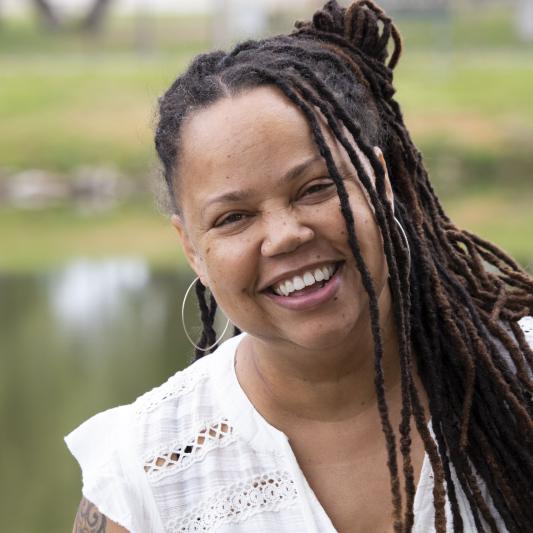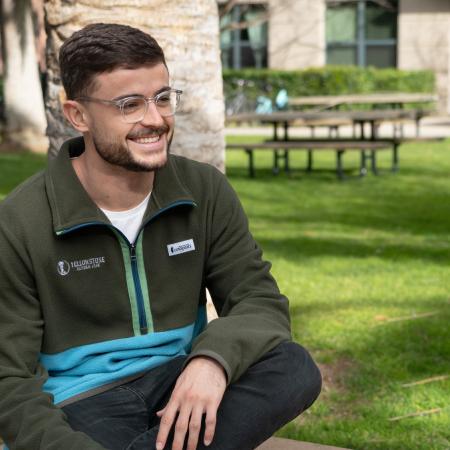
Su Jin Jez
Su Jin Jez started examining fairness in education when she was an undergraduate research assistant at the University of California, Berkeley (UCB), studying the elimination of affirmative action — a topic that hit close to home.
“Proposition 209 happened while I was in high school, and I was part of the last class admitted to UC Berkeley under affirmative action. So it was a big part of my personal life,” said Jez, who later got her master’s in economics from Stanford and her PhD from Stanford Graduate School of Education (GSE).
Since then, education policy has been at the center of Jez’s work — both as an assistant and associate professor of policy and public administration at California State University for 11 years, and now as the CEO of California Competes, a nonprofit dedicated to solving issues related to California’s challenges with higher education, equity, and economic mobility.
“This role is in many ways my dream job,” Jez said. “It’s incredibly difficult, but for all the right reasons — it’s consequential, it’s impactful, what we do matters.”
One of three recipients of the GSE’s Alumni Excellence in Education Award this year, Jez will be honored on Oct. 20 at a ceremony during reunion weekend. To register or find out more about the event, email Tiffany Ah Tye at ahtyet@stanford.edu.
Here, Jez discussed her career journey, the need to modernize education, and ways she hopes to grow as a leader.
What were some of the key moments that led to where you are today?
Working as an undergraduate research assistant at UCB was my introduction to research and policy work and how consequential it was. It also really connected to my internal sense of wanting things to be fair.
Later, going to Stanford was like being at an intellectual Disneyland. It was there that I learned even more about the education and policy pieces, which made me want to be involved in expanding access and equity in education.
What’s a recent milestone you’ve achieved in your goals to better education?
One of the biggest milestones we achieved was in April when California Competes became a standalone 501(c)3. That has been an incredible amount of work, but I think that will also strengthen our impact and our organization as a whole.
As an independent nonprofit, we're able to craft the HR policies and financial practices to create the internal culture that allows the team to thrive. This leads to better research, smarter advocacy, and greater impact on addressing California's complex policy issues.
If you could see one problem in education solved in the next decade, what would it be?
I would like to see higher education modernize to serve today’s student. By that I mean we shouldn’t just be looking at high school seniors and those that have college-educated parents who can support them financially and emotionally into and through college.
The college student we should be thinking of today is 27, married with children, and a low-wage worker. If we could design the college experience for that Californian, I think we would solve a lot of higher education issues.
In what ways are you looking to grow as a leader?
One way that I’m looking to grow as an organizational leader is by taking the reins more fully. I also think about how our organization can be a leader in how to run a nonprofit well.
I think what makes me a good leader currently is that I care deeply about both the work and the people doing the work. So I want to lead California Competes into becoming a model for how to run a nonprofit where employees are satisfied, and great work is getting done effectively and efficiently.
Photo: Courtesy Su Jin Jez | Words: Olivia Peterkin



